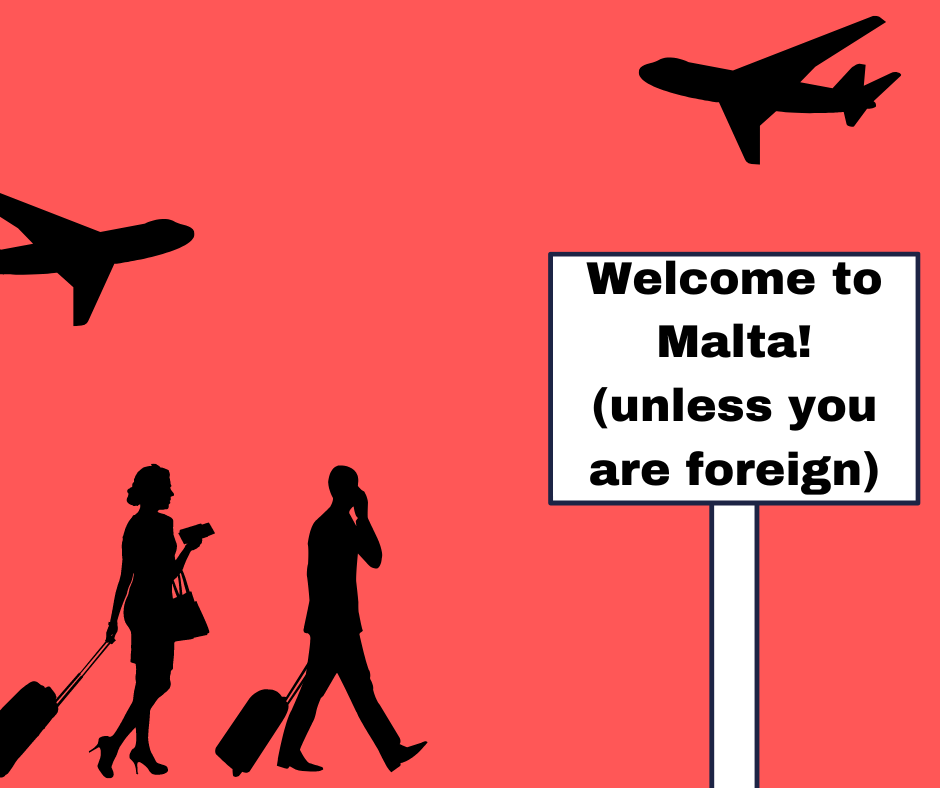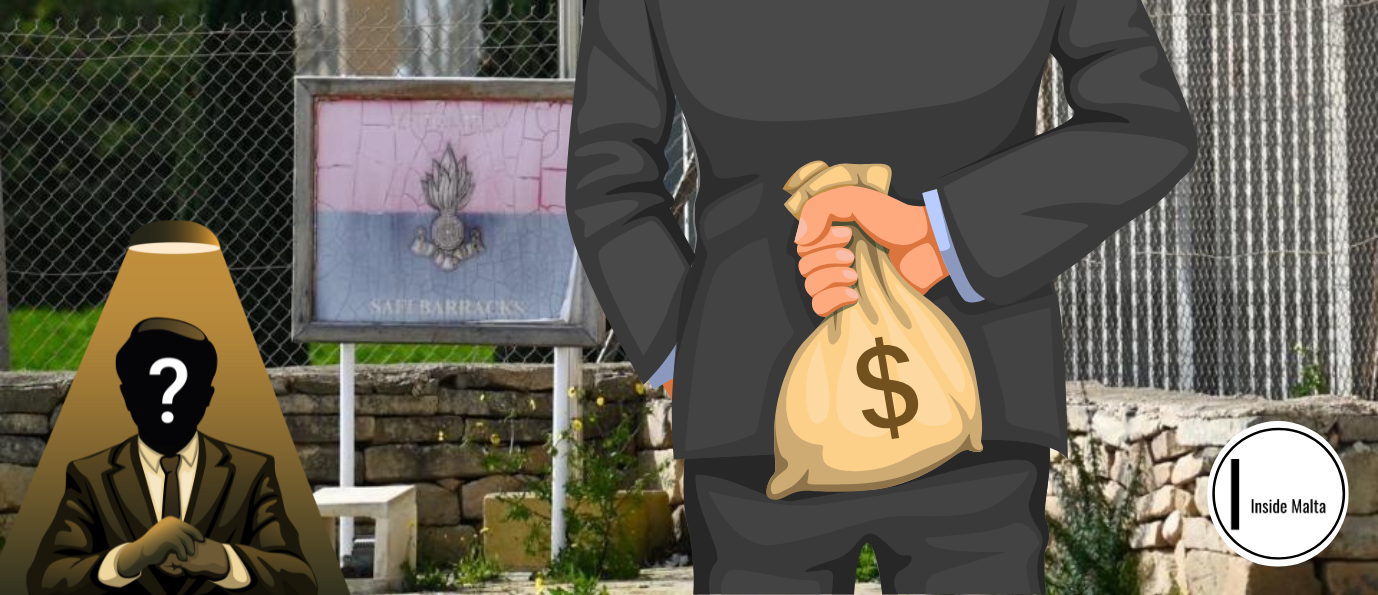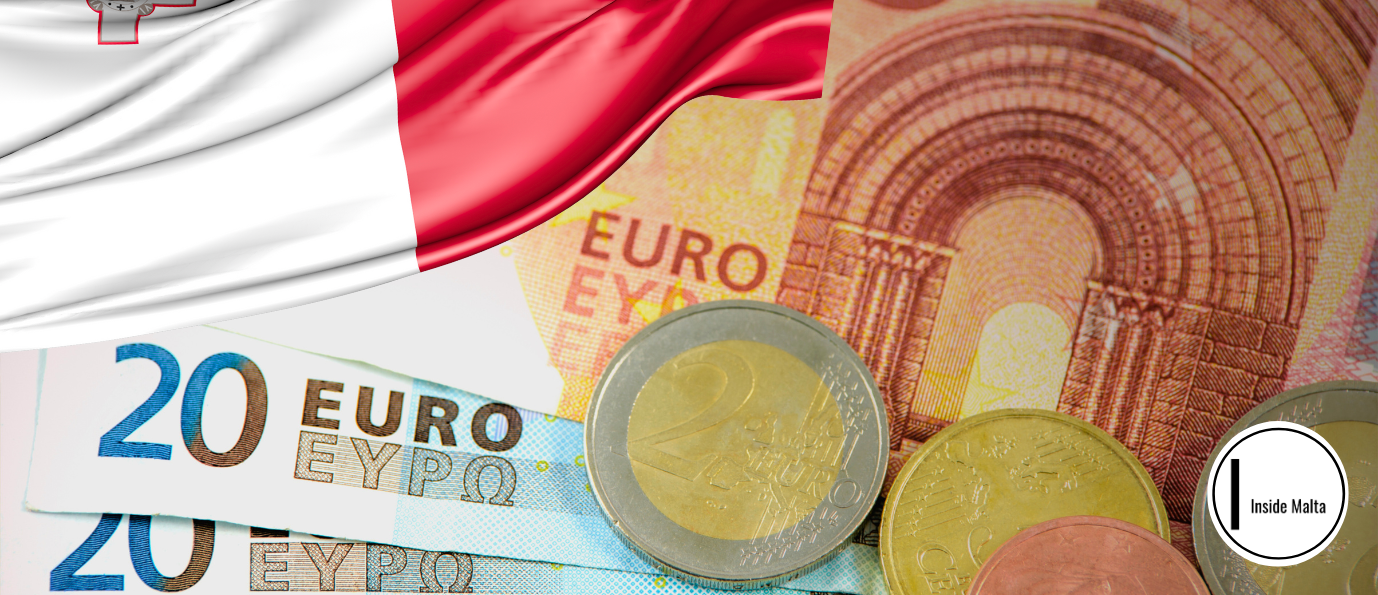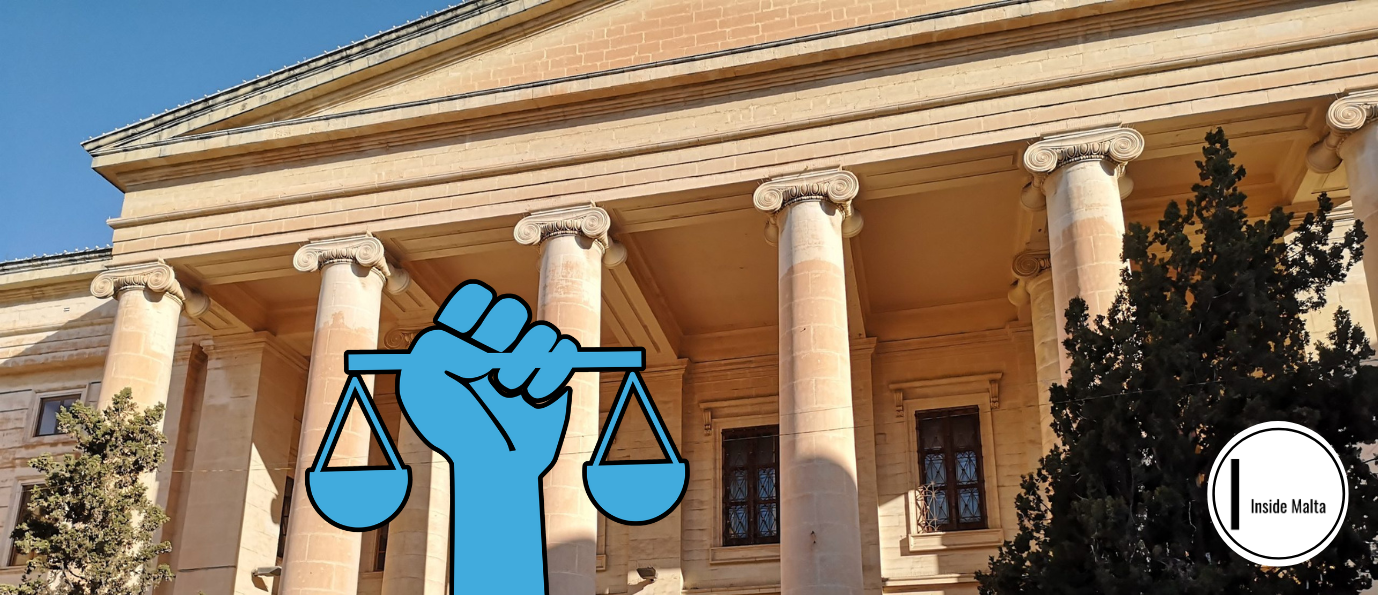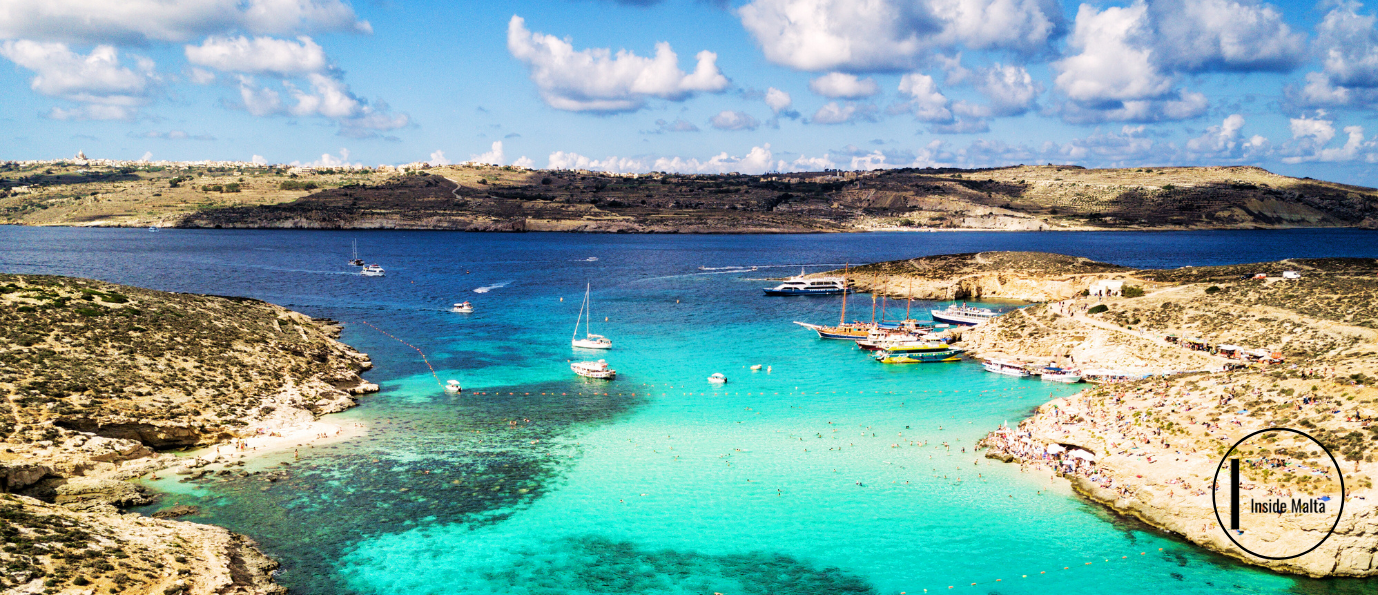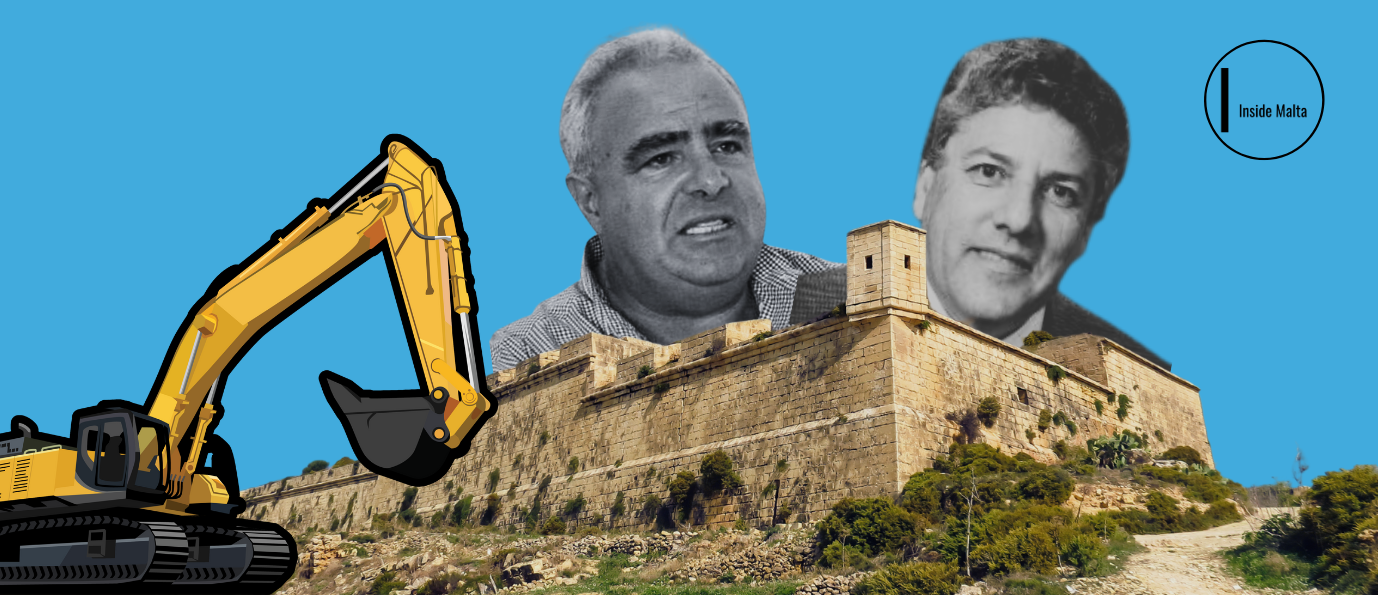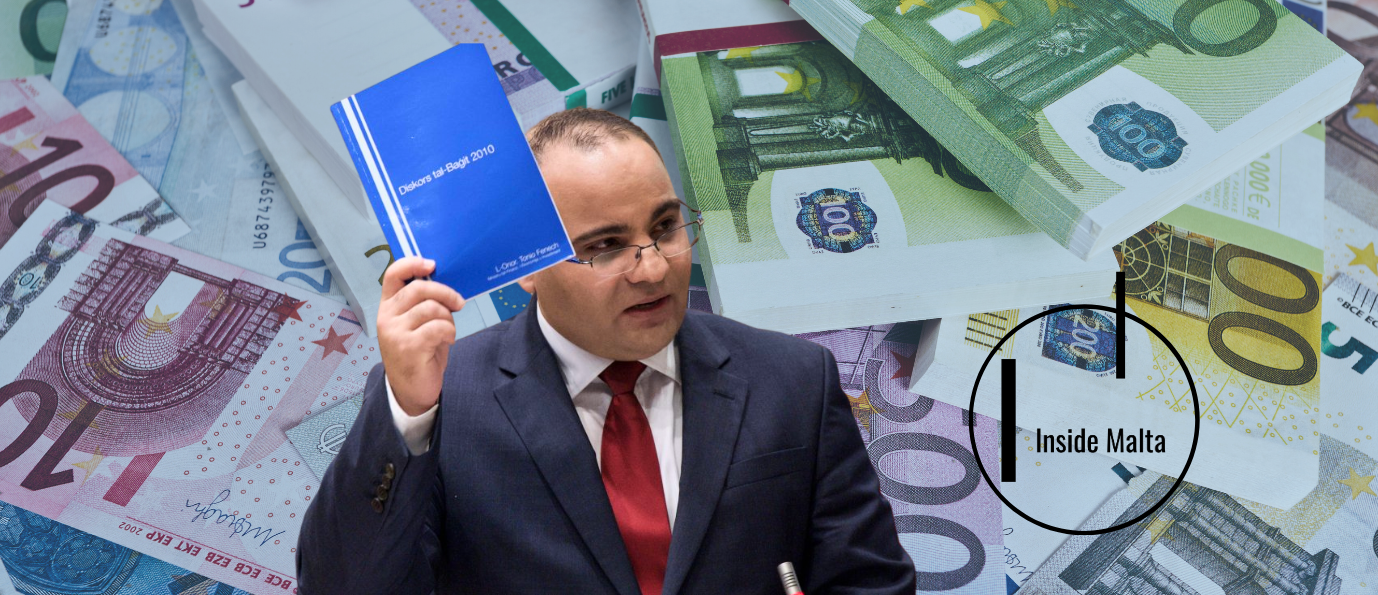Some came to flee political crises. Some came to pursue work opportunities in Malta’s growing industries. Some came to study at Malta’s finest universities. They all came with one common purpose: to create a better life. However, due to the shortcomings of Malta’s authorities and financial systems, many foreigners who reside in Malta feel like second-class citizens.
With the recent reveal of Malta’s latest census data, it’s time to take a hard look at the country’s rapidly changing demographics. Malta’s population recently reached over half a million. This growth was driven by the increase of foreign nationals in Malta, with over one in five people in Malta not being Maltese. Now, it was reported in the Times of Malta that over 115,000 non-Maltese nationals live in Malta – just over 22% of the total population. One third of the foreigners in Malta are citizens from the European Union (EU). Another 7% are from other European countries that are not members of the EU. The expats residing in Malta are mainly Italian, British, Indian, Filipino, Serbian, Bulgarian, Libyan, Nepalese, Albanian, Syrian, or originate from various countries throughout Europe.
However, foreign nationals tend to face adversities that Maltese citizens do not. Malta’s many expats claim to be mistreated and discriminated against by the different authorities, namely the financial decision-makers. This includes discriminatory treatment of foreign workers in their bank accounts.
Live Testimonies
Expats Malta, a popular Facebook group with nearly 100,000 members that is facilitated by Maltese foreign nationals, is essentially a digital library of expat horror stories. The group’s admin, Tom Erik Skjønsberg, wrote a post that clearly demonstrates their financial struggles, opening with, “One of the main recurring things that new expats seem to have an issue with is opening bank accounts”. A group member commented that this is unacceptable, to which Mr. Skjønsberg replied, “It is. It should not be necessary to threaten [banks with the MFSA] to get a basic service”.
Many expats also have trouble obtaining the correct documentation to reside in Malta, something not experienced by native Maltese. Ms. Azzopardi, a member of Expats Malta, shared, “Already lodged [an] appeal to the Immigration Appeals Board in Valletta, how long will it take to know the result of the appeal? Some others said usually it takes 6 months from filing, sometimes longer depending on the backlog. What if I wait for 6 months and the result of my visa appeal is denied? What can I do next? Is there any other option? Or the only option that I have is to go back to my country?”
Feeling Left Out
For many years, public debate on immigration has stirred up xenophobia among Maltese citizens. In parallel to the Maltese government’s increasingly strict policies, attitudes toward migrants, refugees and asylum seekers have worsened over time. In addition, expats claim to be treated with hostility by native Maltese people, who resent them for various reasons. They are often accused of stealing work from Maltese people in an already competitive job market. Expats are blamed for weakening Malta’s struggling economy, despite the fact that the benefits of foreign workers are well documented in industries where highly-educated immigrants are employed, including financial services, e-gaming or health, as well as industries that employ low-skilled immigrants.
This is the sad reality that so many people who immigrated to Malta in search of a better life must endure. It is extremely difficult to navigate the bureaucracy required to live in Malta. It is difficult to get a loan, difficult to find housing, and difficult to fit in among hostile neighbors. Expats living in Malta, unfortunately, are struggling to feel at home.
The people of Malta and Maltese authorities alike must understand that the change in demographics should not alarm them; rather they should embrace newcomers and help Maltese expats by providing the necessary aid, security and peace of mind.


